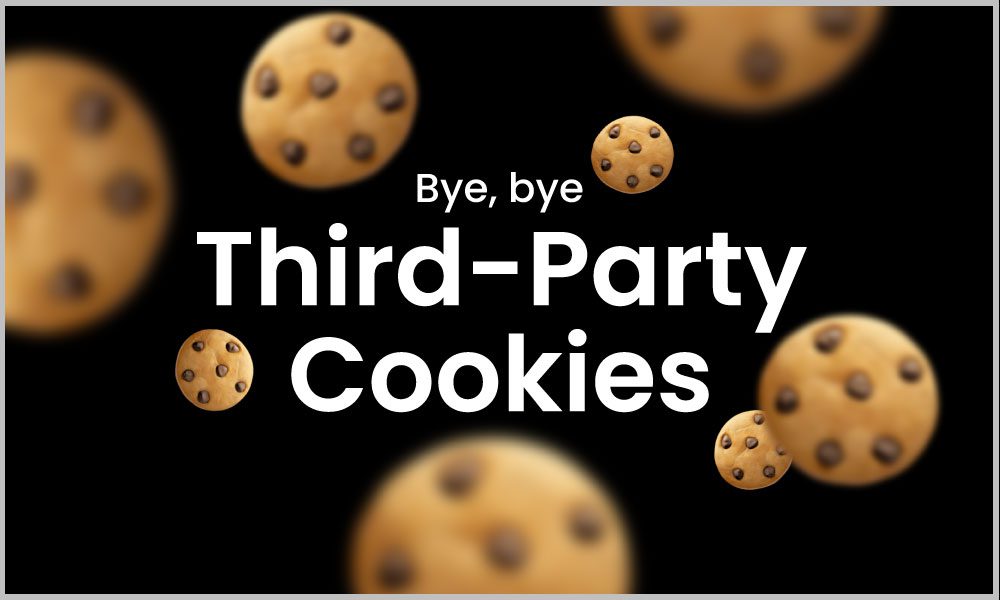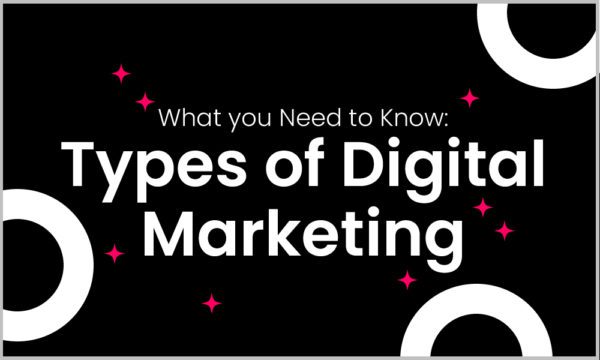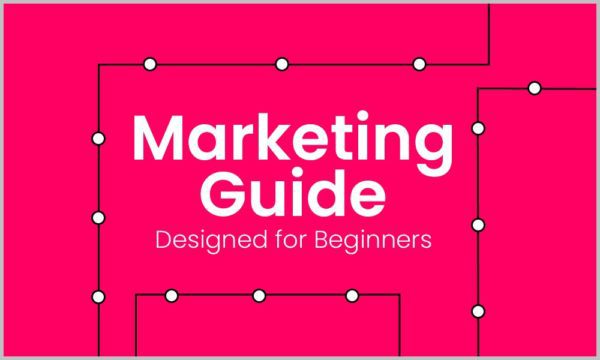A couple of months ago, Google announced that they will retire third-party cookies. If you’re even remotely interested in digital marketing, you probably have seen the news. Advertisers and marketers are raving all over the internet. But what does it mean?
Well, first we have to know what cookies are.
Cookies
A cookie is a small piece of data that a website stores on your computer when you visit them. They have a variety of uses like recording browser activity and remembering user behavior. For example, when you add a product to your cart while browsing, cookies help the browser remember so that you don’t lose it when you switch pages.
So, where do advertisers come in?
There are essentially two main types of cookies, first-party and third-party cookies. What Google has announced is that they will be removing third-party cookies for their browsers by 2022. To know its significance, we have to know what first-party and third-party cookies mean.
- First-party cookies: These cookies are cookies stored by a specific website on your computer. They improve user experience and also collect data on you. No other website has access to these cookies which means that external advertising is not particularly useful here. While this is good for privacy-minded people, it has ramifications on advertising and marketing online.
- Third-party cookies: Unlike first-party cookies, these cookies are created by other websites or servers. These cookies can follow you through multiple websites.
What this means is that they have access to information about you through multiple websites. For example, a website can know what you add to your cart and then decided not to purchase. When you visit a different website, you can be shown an ad for that product. Ever felt like your phone was reading your mind? They’re actually reading your cookies.
End of third-party cookies
In January 2020, Google announced that they will retire third-party cookies by 2022. So now, advertisers have to look for new solutions to advertise effectively online. They will no longer have access to information from third parties.
This means heavily targeted advertising, retargeting (remarketing), and detailed information on user behavior will no longer be available to marketers.
The online advertising industry is undergoing a massive shift and new solutions are being developed. Google has already a plan with their FLoC or Federated Learning of Cohorts. FLoC targets groups of people with similar interests instead of individually.
Other services are being created like Forte by Vox Media and Zeus Prime by the Washington Post. These services will allow companies to advertise on these platforms and their list of publishers directly.
The times are changing, and you must have an effective advertising plan in the months to come. If you like to know more, you can contact us at +971 4 580 3378.



